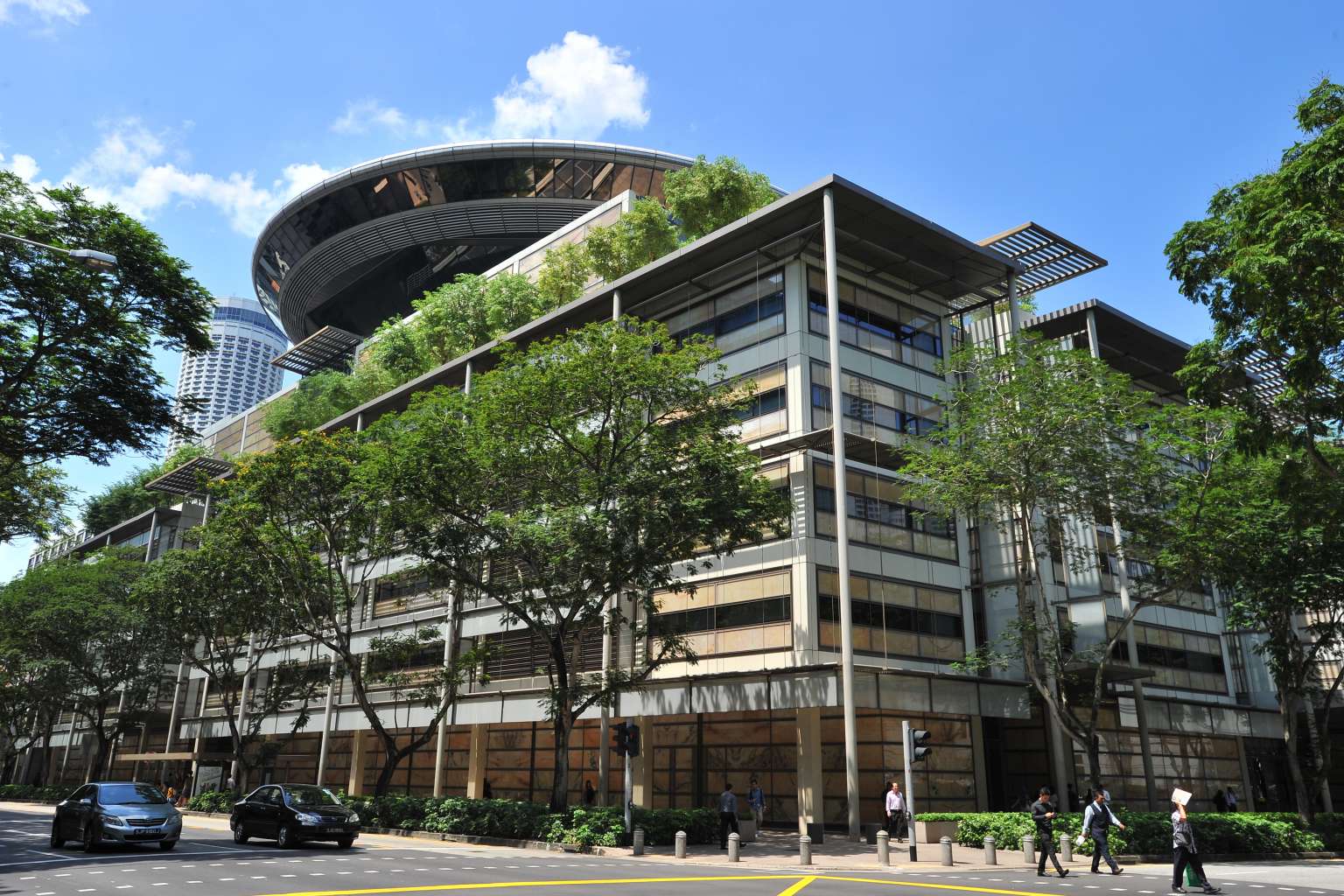Parliament: FAQs on contempt of court
Sign up now: Get ST's newsletters delivered to your inbox

The Supreme Court building.
PHOTO: ST FILE
Q: What is contempt of court?
A:There are three main kinds of offences:
1. Scandalising the courts
This involves attacks on the integrity of courts, for instance by alleging that judges are biased.
2. Sub judice
Prejudicing ongoing court proceedings by commenting on the guilt or innocence of the parties involved, or by commenting on the facts of a case that the court is trying to establish.
3. Disobedience
Disobeying court orders such as when a man refuses to pay his former spouse alimony despite a maintenance order from the court.
Other forms of contempt include interfering with proceedings by threatening witnesses, or disruptive, rude behaviour in the court chambers, known as contempt in the face of court.
Q: Does this mean judges and judgments can never be criticised?
A: No, one can criticise and disagree with the reasoning or merits of a court judgment. If there are concerns about a judge's conduct, a report can be made through the proper channels such as to the Corrupt Practices Investigation Bureau.
Q: Does contempt of court stop discussions on anything to do with the legal system?
A: No, contempt of court laws seek to stop improper influence on court proceedings and the outcomes. Comments on the legal system itself, such as whether certain laws should be changed or whether penalties are too harsh or not stiff enough, do not run afoul of contempt of court laws.
Q: What are the penalties for contempt of court?
A: Currently, there is no limit on the punishments and it is at the discretion of the judges.
The Bill seeks to establishment the following framework for penalties:
- For cases involving the High Court or Court of Appeal, offenders can be fined up to $100,000 and/or jailed up to three years.
- For cases involving other courts, offenders can be fined up to $20,000 and/or jailed up to 12 months.
The heaviest punishment for contempt of court by way of scandalising the judiciary in Singapore so far is six weeks' jail and a $20,000 fine.
This was the sentence for British author Alan Shadrake in 2010, when he was found to have impugned the impartiality, integrity and independence of the courts here in 11 passages in his book, Once A Jolly Hangman: Singapore's Justice In The Dock.
Law Minister K. Shanmugam said the Bill does not set the maximum penalty at this level so as to give the courts the leeway to act if a more serious case comes along.
"If we set it at the precedent and then another case comes up which is even more egregious, what does the court do? So you give a broad framework and then you leave it to the courts," he said.


